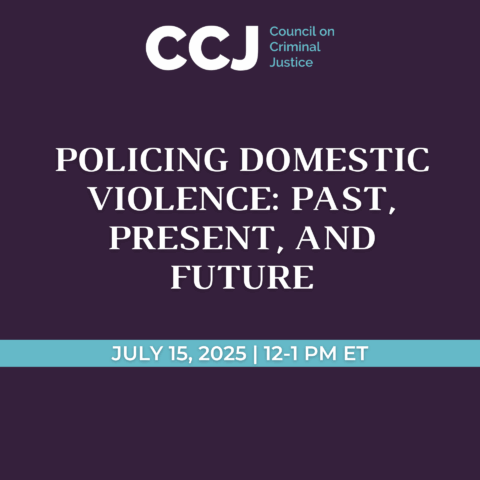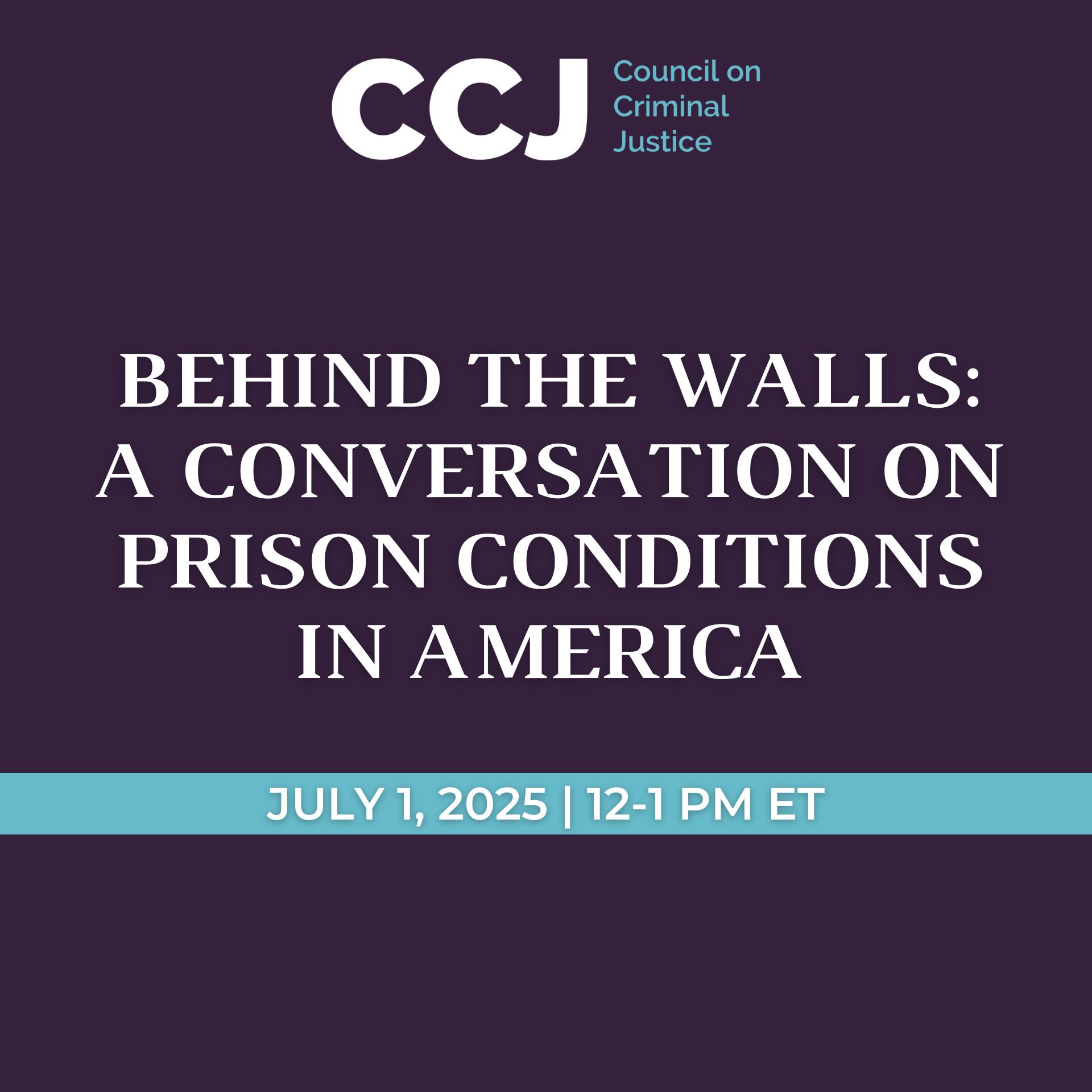On August 27, 2024, the leaders of the Council on Criminal Justice Centering Justice initiative – Khalil Cumberbatch and Marc Levin – led a discussion exploring immigration and crime. Panelists included Charis Kubrin, professor at the University of California, Irvine and co-author of the book Immigration and Crime: Taking Stock, Ken Cuccinelli, former acting deputy secretary at the U.S. Department of Homeland Security, and Dara Lind, senior fellow at the American Immigration Council. The panelists discussed the relationship between immigration and crime and explored potential bipartisan immigration policies.
Highlights from the Conversation

Charis Kubrin
Professor, University of California, Irvine
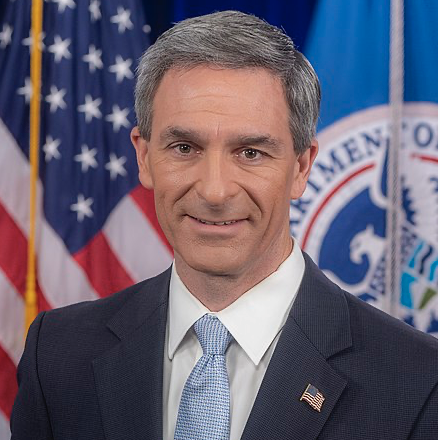
Ken Cuccinelli
Former Acting Deputy Secretary, U.S. Department of Homeland Security

Dara Lind
Senior Fellow, American Immigration Council
On the Connection Between Immigration and Crime
- CHARIS KUBRIN: “What we know from decades and decades of research is that the majority of studies which focus on this question of immigrant offending find that immigrants are actually engaging in offending at lower rates than their native-born peers … If we turn to the immigration-crime nexus, research on this relationship across neighborhoods, cities, metropolitan areas, and even states reveals that immigration has either no impact on crime or causes crime to go down.”
“Our criminal justice system should be taking the evidence about what we know about any topic in crime, whether it’s policing or immigration, and making policy decisions based on what the data have to say … I do think, in the area of immigration, that is one of the areas where the policies are not always matching up and indeed are often going in the opposite direction of what we see in the data.”
“Enforcement has to be a part of the solution, but it can’t be the only part of the solution … When we look at why people are coming to the United States, it is for so many myriad reasons that are much bigger than an individual think[ing] that they can get away with coming to the United States illegally. There are forces much bigger than that that are compelling not just hundreds, but thousands of individuals to want to flee their home countries and go somewhere safe where they can secure income for their family. So, toughening up this or that is not going to stop that those trends.”
- KEN CUCCINELLI: “Certainly, one of the frustrations in this space that I experienced very directly and quite intentionally when I was at DHS was the intentional blockage of data by many jurisdictions when it comes to immigration, particularly illegal immigration, to be most specific, and so it makes the analysis, especially at the national level, a lot more difficult.”
“The raw number of crimes committed, particularly as it relates to crime victims of non-legal immigrants, is a great concern. Because those are all preventable if we’re enforcing our immigration laws. And we are not. We have never enforced them a hundred percent—ever— and I don’t expect we ever will, but the difference matters to the quality of life and the safety of American citizens.”
- DARA LIND: “Immigration is a policy issue, but it’s one that has really high normative stakes for who we are as a country.”
“So, if we’re talking about who is more likely to willingly circumvent the law, that’s not necessarily someone who is presenting themselves to a Border Patrol agent. That is someone who is trying to enter entirely without inspection, who is trying to … fly entirely under the radar … What we know about criminology is when you increase enforcement, you will deter offending on the margin. You will especially deter offending among casual offenders. The people you are least likely to deter are the people who are most committed to criminal activity.”
“So the idea that increased border enforcement zeroes out the commissions of crime by unauthorized immigrants … needs to come face-to-face with the fact that the people who are coming and presenting themselves to Border Patrol agents and the people who are coming for the purpose of engaging in criminal activity here, are not necessarily overlapping populations, and you’re more likely to deter the former than the latter with crackdowns in border policy.”
On Drug and Human Trafficking and How Legal Status Concerns Hinder Crime Investigations
- KC: “The pipelines that are… for human trafficking are duplicative and controlled by the cartels based in Mexico primarily, and those exact same pipelines are used to move drugs in here. And they use the flow of humans to mask the flow of drugs pretty effectively .. Coming through those pipelines are a ton of drugs that in 2021 and 2022 killed over 70,000 Americans just with the fentanyl … Americans don’t see the death and destruction that that’s wreaking below the southern border. It is horrific. And we’re contributing to that. We’re contributing to it by opening our border and essentially juicing up their business.”
- DL: “Another really important aspect of the relationship between immigration and crime is the extent to which immigrants as potential victims and potential witnesses of crime are able to cooperate with American law enforcement. That is actually a problem that Congress has acknowledged, that people are less likely to come forward if they’re concerned about their own legal status, if they’re incurring the wrath of really powerful criminal organizations, or if they still have relatives back home who can be targeted.”
- CK: “I’d like to see a movement away from this broad national narrative that just paints immigration as a huge national problem where crime is just, you know, left, right, and center as a result of immigration, to [events like] these narrow talks. Focusing on things like exploitation, victimization of immigrants, and other issues allows us to reframe the conversation away from this broad narrative and get to what’s really ailing the United States.
On Potential Actions to Reduce Crime and Create a More Functional Immigration System
- KC: “It’s obviously valuable as a nation, the most generous immigration nation in the world, the United States, to know who wants to come here and for us to decide, yes, this person can come, no, that person can’t come. The originating countries have wildly varying motivations to cooperate or not with us, and some of them simply aren’t capable of it. [With] an extreme example like Syria, there is no functioning government that … can offer you a criminal background history on somebody coming from Syria. And there are other countries in that same position. But my own view is that in those instances, you start by protecting America and those people can’t come … But our access to that information is very spotty, very unreliable, and very difficult to use.”
“Large-scale, low-wage immigration, whether it’s legal or illegal, and right in this stage of our history it’s been illegal, hurts American poor people. The General Accounting Office has found that, the U.S. Commission on Civil Rights has found that, the National Research Council has found that, and that should not surprise anyone. It’s simply supply and demand. When our own poor people are in greater demand, their wages go up. And that has been observed for a long, long time. The data is very clear on that. And when I think about the fact that my first concern is for Americans and those legally present here, when it comes to crime and protecting them from any of it, whether it’s a lower rate by illegals or not, combined with preserving their economic opportunity, there is a case to be made to, as best we can, scale down as close to zero as we can get on illegal immigration.”
- CK: “I don’t know what the right policy is. My larger point that I hope folks take away today is we have to be careful about the wrong policy. And I do think the last several decades have reflected a series of policies, whether it’s criminalizing immigrant status, so, like Arizona’s SB 1070, or policies that reflect the devolution of immigration enforcement …not getting the crime reducing returns that they were claimed to promise. [Instead, they] have a series of collateral consequences that I think in the end actually hurt things even more.”
“I would like to see bipartisan support on using data and facts to inform policy, whatever those policies are. I will leave the policymaking up to the policymakers. I’m just a criminologist who studies crime, who happens to study immigration and crime, [and I] have done lots of studies on that. My only hope is that the policymakers … whatever side of the aisle they’re on, will look at what the research base and the evidence base … and use that as a key part of the policies that they construct moving forward.”
- DL: “I’ll present the need for better data, especially coming back to the question of … moving beyond apprehensions as the key border metric. There have been a few conversations and they’ve all been bipartisan conversations about what better metrics would look like and those have all kind of stalled out and so … the thing that we’re most focused on in the national discussion is something that’s primarily not in the United States control, which is how many people set foot on U.S. soil.”
“The federal government does not think it’s anyone in particular’s responsibility to make sure that immigrants who are waiting for hearings before an immigration judge … can feed themselves and have somewhere to live … in the time before they’re able to work in the U.S. legally … The problem fundamentally is that states and localities are the ones responsible for the kind of day-to-day care and feeding issues as well as preventing any kind of negative spillover effects that would be associated with the … quality of life issues or other public safety issues on US citizens, but the federal government hasn’t explicitly told them it’s their job, much less given the many of the tools that would be required to make that less of an issue.”
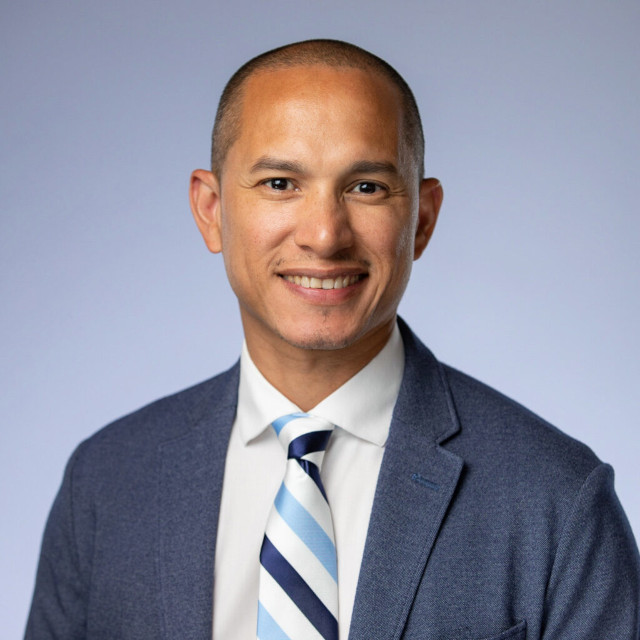
Khalil Cumberbatch
“My journey in this great American story begins as an immigrant. My mother and I migrated here when I was four years old from our native country of Guyana… with the dream of pursuing the ability to be free and independent and to just have the ability for my mother to raise her son safely. Because of a series of decisions that I made as a young man I ultimately ended up getting convicted and serving six and a half years in New York state prison. After my exit in 2010, I was home for about four years. And then in May of 2014, I was arrested by Immigration Customs Enforcement because of my criminal conviction, because of the fact that I was not a naturalized citizen. It began a five-and-a-half-month journey for myself in immigration detention to really win my freedom, to prove to the government that I was not a person who should be deported and that I was actually going to be a benefit to my community and to society at large.”
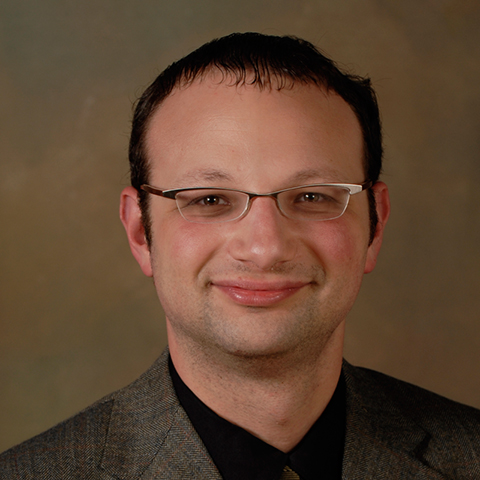
Marc Levin
“This discussion is so important to me because I think it helps us, first of all, be grateful that so many people want to come to this country … because of our freedoms, the rule of law, private property rights, the ability to speak freely, the free exercise of religion, economic opportunity. America is really an idea. It’s not about blood and soil, and we don’t define being an American by somebody’s skin color, religion, or anything else.”
“It’s important … to put individual experiences into a broader context, including using the best data to evaluate complex policy challenges. We also know that the media doesn’t cover, understandably so, the planes that land safely, all the people here, whether legally or illegally, who are doing positive things to contribute to our society.”
“In criminal justice, we have the First Step Act, we have landmark progress, we’ve had dozens of states pursue justice reinvestment and be able to both lower crime and reduce our prison populations, but with immigration, we’ve had … decades of dysfunction, of gridlock, of really leaving in place a policy that I think in some ways people across the spectrum agree is in many cases irrational and ineffective.”
About the Centering Justice Initiative
The Centering Justice initiative is a collaborative project engaging a diverse range of the nation’s top thinkers and doers in an ongoing, ideologically vibrant conversation about criminal justice policy.
Additional Resources
To join the Centering Justice email list, please click here.

